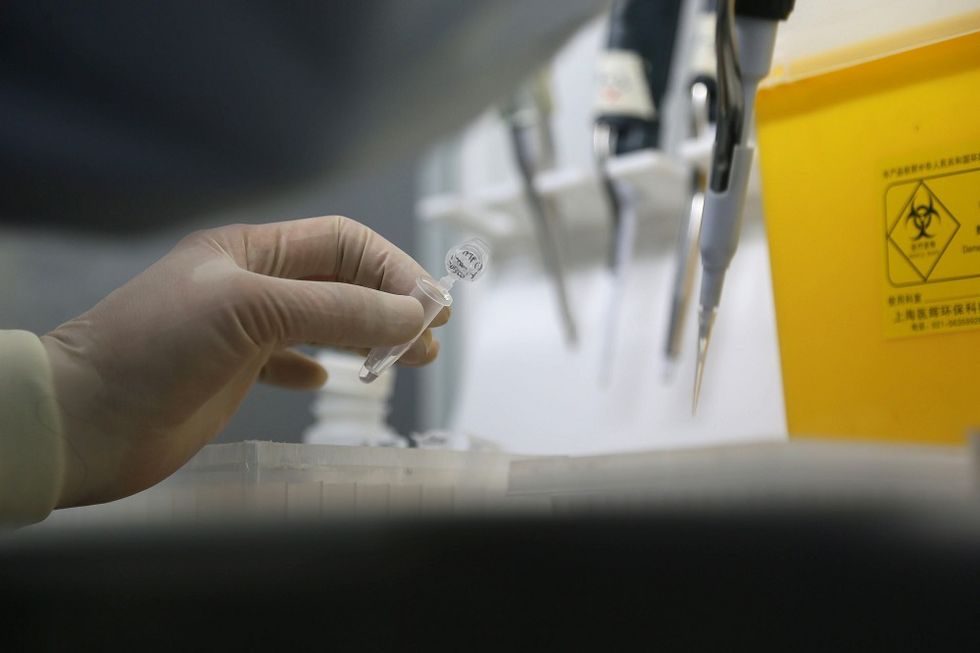Italian researchers lead a scientific team to learn more about the most aggressive brain cancer
The ID2 protein playing an essential role in individuals affected by glioblastoma
A team of researchers from Columbia University discovered a protein responsible of the growth process of the most aggressive brain cancer, i.e the glioblastoma. Italians can be proud of this scientific milestone since the team was led by two excellent minds of the Bel Paese, i.e. Antonio Iavarone and Anna Lasorella.
The glioblastoma is the most lethal cancer and also the most frequent among individuals of all ages (children included), mostly between 45 and 70 years old. The most important discovery of this study concerns the identification of the mechanisms that activate protein ID2, along with the processes that cause the growth of the tumour stem cells.
In particular, the protein ID2 is able to cause a series of mechanisms promoting both the development and the progression of the disease. Deactivating this substance would block the growth and the expansion of the cancer. As a matter of fact, ID2 fosters the production of tumour cells and tumour stem cells, which are not easily eliminated, not even by the strongest treatments, such as chemo or radiotherapy.
In fact, as explained by the Italian daily Corriere della Sera, no therapy is effective 100% against this evil and the life expectance of individuals affected by glioblastoma is no longer than 2 years. For this reason, it seems very important to focus on ID2 in order to stop the advancement of the tumour. In glioblastoma cases, ID2 functions are abnormally activated. The protein remains lively because of the reduced quantity of oxygen in the expanding cancer. ID2 is able to block the destruction system of two other proteins (Hypoxia Inducible Factor), used as a substitute for oxygen by the tumour stem cells. As a result, ID2 allows "bad cells" to survive in adverse situations.
This innovative discovery was recently published on the scientific journal Nature. In spite there is no recognized therapy at the moment, this discovery certainly marks an important step in the fight against cancer.
Follow @castaritaHK


